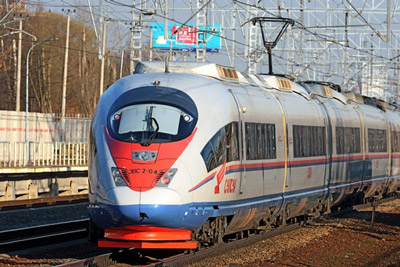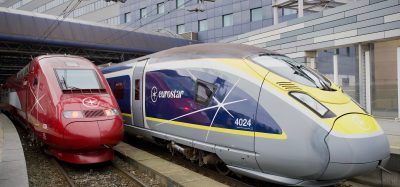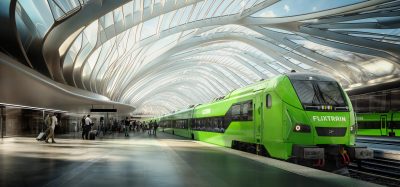China to support Moscow – Kazan High Speed Main Line construction
Posted: 10 May 2016 | | No comments yet
China has agreed to support the Moscow – Kazan High Speed Main Line in a loan equating to 400 billion roubles.


China has agreed to support the Moscow – Kazan High Speed Main Line in a loan equating to 400 billion roubles.


The financing agreement took place at the sixth meeting of the Russian-Chinese working group on high-speed railways cooperation, held in Beijing.
The Russian delegation was headed by Alexander Misharin, First Vice-President of Russian Railways, and Alexei Tsydenov, Deputy Minister of Transport of the Russian Federation. The Chinese delegation was led by Hu Tszutsay, Deputy Chairman of the State Committee for Development and Reform, and Huang Ming, Deputy Director General of China Railways.
According to a Russian Railway’s statement, ‘the Chinese side will provide equity financing for the project on the Moscow – Nizhny Novgorod stretch amounting to the equivalent of 52 billion roubles in US dollars, as well as an additional amount of US 1 billion for the Nizhny Novgorod – Kazan stretch.
‘In addition, the Chinese will provide debt financing equivalent to 250 billion roubles for the Moscow – Nizhny Novgorod stretch and the equivalent of 150 billion roubles for the Nizhny Novgorod – Kazan stretch.’
The Moscow – Kazan High Speed Main Line project
The 770 km Moscow – Kazan line will be the first stage in establishing high-speed rail services in the Russian Federation. The HSL-2 link, as it is known, will run across 6 territories including, Moscow and Moscow region, Vladimir and Nizhny Novgorod region, Tatarstan and Udmurtia. There are also plans to develop the rail link to Yekaterinburg.
4-fold reduction in travel time between Moscow and Kazan
The high-speed rail link will reduce travelling times between Moscow and Kazan from the current 14 hours (on the existing railway infrastructure) down to 3.5 hours. Trains will travel at speeds of up to 400kmph reducing journey times between region capitals to an average of 1 hour.
The two parties have confirmed the project construction will be achieved by a public-private partnership (PPP model) in the form of a concession in accordance with the legislation governing concessions in the Russian Federation. As part of the framework a special project company will be established as the concessionaire. Its mission will be to conclude and execute the concession agreement on the construction of the high speed line. The project will be implemented by attracting investments in the form of equity and debt financing.
Global Railway Review Autumn/ Winter Issue 2025
Welcome to 2025’s Autumn/ Winter issue of Global Railway Review!
The dynamism of our sector has never been more apparent, driven by technological leaps, evolving societal demands, and an urgent global imperative for sustainable solutions.
>>> Read the issue in full now! <<<







